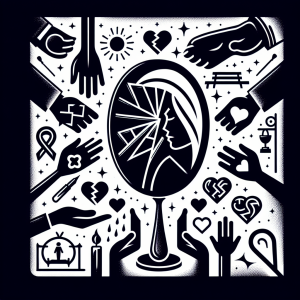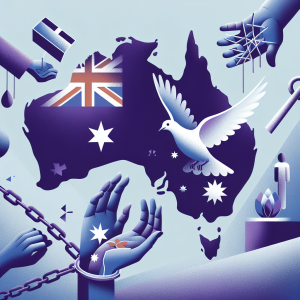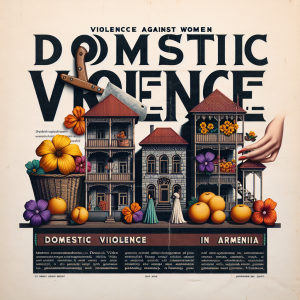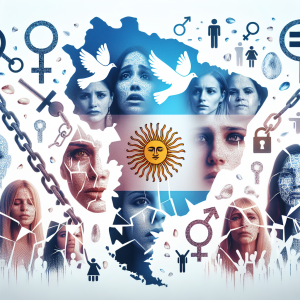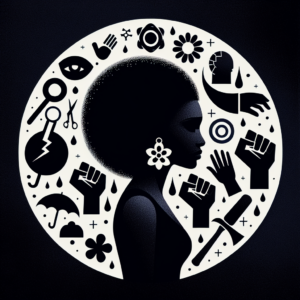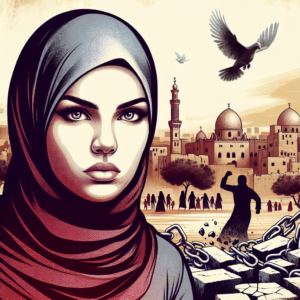#MeToo
Shattering the Silence: Confronting Domestic Violence in Cambodia
In Cambodia, the shadow of domestic violence looms large, affecting countless families and communities across the nation. Despite ongoing efforts to address this widespread issue, many victims remain silent, hindered by societal norms and a dearth of support resources. This article dives into the heart of domestic violence in Cambodia, examining its root causes, detrimental effects, and the critical need for all-encompassing solutions. We bring together the insights of experts and the compelling narratives of human rights champions to highlight this concealed crisis and call for a united front in response.
Deciphering Domestic Violence in Cambodia
Domestic violence in Cambodia is a complex, deeply ingrained issue, propelled by gender inequality, economic hardship, and cultural norms that justify violence against women and children. It takes on various forms, such as physical, emotional, sexual, and financial abuse, inflicting enduring trauma on individuals and the broader community.
The Cultural Landscape
The fabric of Cambodian society, woven with traditional views on gender roles and family hierarchy, significantly contributes to the perpetuation of domestic violence. The prevailing notion of male supremacy and the expectation for female submission often dissuade victims from seeking help or speaking out. This culture of silence is further solidified by the societal shame associated with divorce and separation, compelling many to tolerate abuse for the sake of family honor.
The Legal Backdrop
Although Cambodia has established laws to safeguard against domestic violence, the enforcement and application of these laws are fraught with challenges. Victims encounter numerous obstacles in seeking justice, including a lack of legal knowledge, fear of retaliation, and distrust in the legal system. Additionally, the limited availability of shelters and support services makes it exceedingly difficult for survivors to leave abusive environments and start anew.
Agents of Transformation
Amid these adversities, brave individuals and entities are relentlessly striving to disrupt the cycle of violence. Their actions span from raising awareness and supporting victims to lobbying for enhanced legislation and its effective execution.
Elevating Awareness
Initiatives aimed at educating and raising awareness are vital in altering perceptions of domestic violence. Through efforts in schools, local communities, and the media, these campaigns strive to challenge the normalization of abuse and motivate bystanders to intervene.
Empowering Survivors
NGOs and community organizations are instrumental in providing safe havens, counseling, and legal aid to those affected by domestic violence. These resources not only facilitate healing but also enable survivors to regain control over their lives.
Lobbying for Legislative Reform
Advocates tirelessly push for amendments to fortify Cambodia’s legal stance against domestic violence, advocating for improved protective measures, more robust law enforcement, and enhanced victim support.
The Toll of Silence
The impact of domestic violence transcends the immediate physical and emotional damage to victims, eroding the very foundation of society. It perpetuates cycles of violence and poverty that can affect future generations.
Effects on Children
Children exposed to domestic violence face a heightened risk of enduring psychological and behavioral issues. This exposure can lead to academic struggles, substance misuse, and the continuation of violent behaviors in their own relationships.
Societal Consequences
The wider societal implications of domestic violence include escalated healthcare expenses, decreased productivity, and a weakening of communal trust and unity. Acceptance of such violence diminishes society as a whole.
The Influence of Advocacy
The advocacy against domestic violence is powerfully driven by the voices of human rights defenders. Their advocacy not only spurs action but also serves as a reminder of the core values that unite us in our common humanity.
"Injustice anywhere is a threat to justice everywhere." – Martin Luther King Jr.
This statement highlights the interconnected nature of our quests for justice and the imperative to oppose violence and oppression in all their forms.
"I raise up my voice—not so I can shout, but so that those without a voice can be heard." – Malala Yousafzai
Malala’s words underscore the significance of amplifying the voices of the silenced, ensuring their stories and rights are recognized and upheld.
Conclusion
To effectively tackle domestic violence in Cambodia, a collective effort from every sector of society is essential. This involves not just legal and policy reforms but also a transformation in cultural attitudes and norms. We must confront the silence surrounding domestic violence, offering our support to victims and holding offenders accountable.
As human rights advocate Nada Al-Ahdal famously said, “Protecting human rights is not an option, but a responsibility of us all” @nadalahdal. Let us all embrace this duty, breaking the silence on domestic violence and striving for a future where everyone is safe, honored, and free from fear.
#NadaFoundation
#domestic_violence
#Nada_Foundation
#NadaAlahdal
#Breaking #Silence #Addressing #Domestic #Violence #Cambodia
breaking-the-silence-addressing-domestic-violence-in-cambodia





